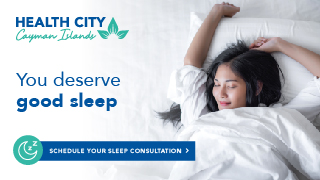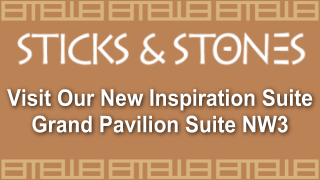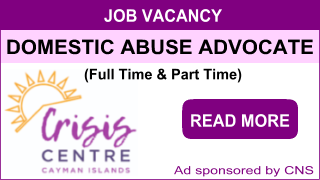Jury asks for missing minister

Mark Scotland, former UDP minister of health
(CNS): The absence of the former health minister, Mark Scotland, was queried Wednesday by members of the jury hearing the corruption case against the former Health Service Authority Board chair Canover Watson. While Scotland has been referred to throughout the trial, extensively so since Watson took to the witness stand, the former UDP minister was not called by the prosecutors. The defence team could still choose to call him to support claims made by Watson but there is no indication that Scotland will appear.
The six women and one man who will decide Watson’s fate in the trial, which began in November and is expected to wrap up early next month, sent a note via their foreman to Justice Michael Mettyear asking when they would hear from the one-time health minister.
“It’s a good question,” the judge said.
However, he explained that the jury should not speculate about potential witnesses. He said that when he sums up the case for them after all of the evidence is aired, he would talk about why people have or have not given evidence and what they may have said if they had. Pointing out that there could be many reasons why a witness does not appear in a case, he said he understood very well why they were questioning the absence of Scotland but they would have to decide the case on the evidence presented by both the crown and the defence and not on what may be seen as the missing evidence.
The question came after Watson began a second day of intense cross-examination by the crown. Since taking to the witness stand, the former HSA chair, who is charged with corruption in relation to the contract, has claimed that the health minister at the time the hospital payment system was discussed, tendered, awarded and implemented was central to the decision and he wanted the contract to go to AIS Cayman Ltd.
Watson has claimed that the request for proposals process was nothing more than political expediency in order to give his political opponent a shot at the contract. Watson said he had been informed by the minister that the only reason why the contract was tendered was because Brac Informatics (BIC) had expressed an interest in supplying a system to the hospital and Moses Kirkconnell, deputy opposition leader at the time, was one of the directors in the company owned by his sister.
Watson implied that the process was not much more than lip-service to process as everyone wanted AIS because it was the “holy grail” and the only system in the world that could help the hospital.
However, that was called into question when Deputy Director of Public Prosecutions Patrick Moran began his cross-examination of Watson. The former HSA chair admitted that he had not conducted any due diligence to find out if what AIS owner Doug Halsall told him — that AIS was the only real time adjudication and verification payment system in the whole world — was true. He said he based his opinion that the AIS system was the answer to the hospital’s bad debt problems on seeing the AIS presentation and what Halsall had said.
Moran pointed to evidence that BIC and other firms were capable of dealing with the requirements of the contract. The tight timeline, however, and Watson’s block on the hospital information manager looking for other options resulted in only two bids being made.
But Watson said the aggressive timeline was driven by the minister as well, and although he had been required to go through the RFP and procurement process as required by law, his mandate, as directed by Scotland, was to secure AIS.
Watson also pointed to Scotland as the reason why he was so immersed in the day to day affairs of AIS Cayman Ltd, why he received a copy of the draft bid submission on the eve of the CTC deadline, why he helped the local partner, Jeff Webb (his friend and own business partner) with paperwork, arranged meetings with lawyers, helped with business development for the company, why he collected cheques and paid them into the account, why he did account reconciliations for the company and why his PA set up the company and paid annual fees from Watson’s accounts. Watson claimed that because the minister had said he was the ”point man” for AIS to keep the contract on track, he had been deeply involved with the firm and Halsall.
Watson denied being so immersed in the AIS deal because he was a beneficial owner along with Webb, as claimed.
As defence counsel Trevor Burke QC took him through his evidence in chief, he asked Watson if either the minister, Mark Scotland, or the premier at the time, McKeeva Bush, had done anything wrong, behaved inappropriately or taken payments in connection with the AIS deal, but Watson answered an emphatic ‘No’.






